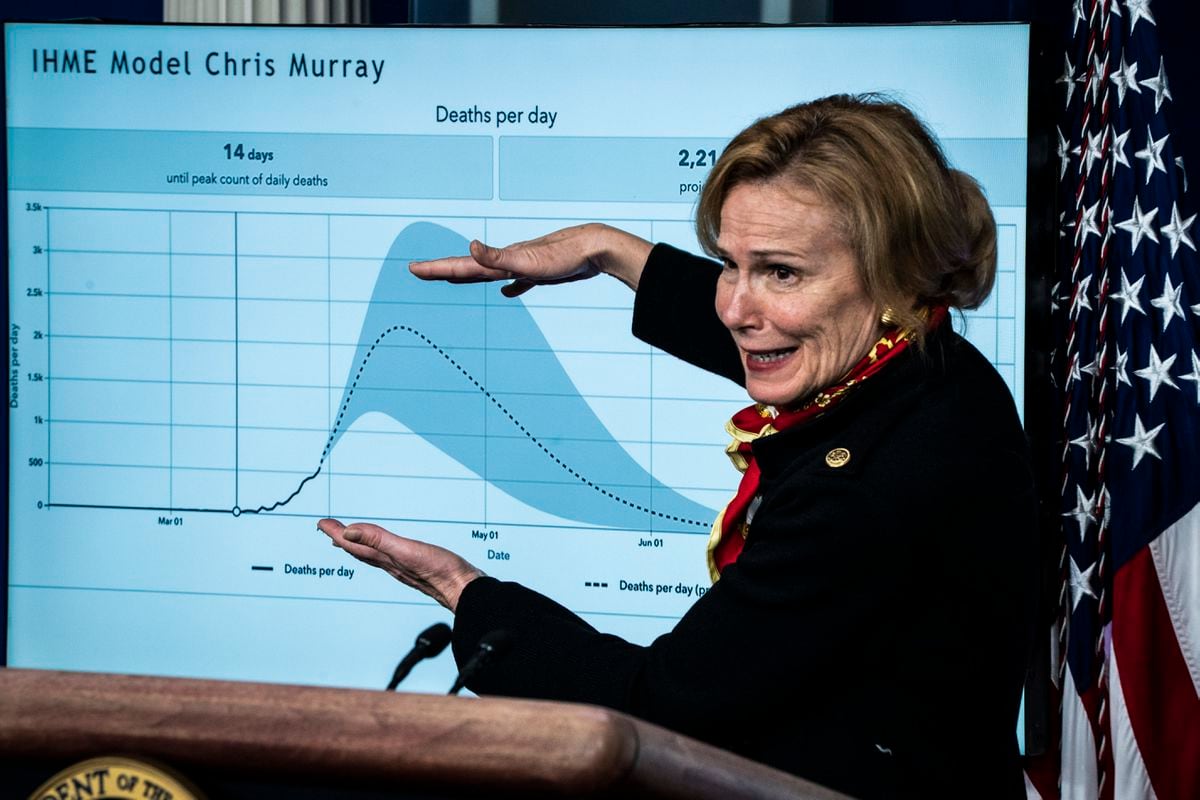BERLIN — Felix Germann was not expecting anyone when his doorbell rang last week. Outside was a doctor who looked like she had just stepped out of an operating theater, green scrubs, face mask and all — and a policeman.
“I didn’t do it!” Mr. Germann said, throwing up his hands, and everybody laughed.
The unusual visitors had come with an unusual proposal: Would he allow them to test his blood for Covid-19 antibodies? Every month? For a year? Starting next week?
He would be helping to further the science that would ultimately allow for a controlled lifting of social and economic restrictions and save lives.
“Of course I said yes,” said Mr. Germann, a 41-year-old project manager at a media company. “I want to help. This is a collective crisis. The government is doing what it can. Everyone needs to do their bit.”
With that, Mr. Germann and his girlfriend joined 3,000 households chosen at random in Munich for an ambitious study whose central aim is to understand how many people — even those with no symptoms — have already had the virus, a key variable to make decisions about public life in a pandemic.
The study is part of an aggressive approach to combat the virus in a comprehensive way that has made Germany a leader among Western nations figuring out how to control the contagion while returning to something resembling normal life.
Other nations, including the United States, are still struggling to test for infections. But Germany is doing that and more. It is aiming to sample the entire population for antibodies in coming months, hoping to gain valuable insight into how deeply the virus has penetrated the society at large, how deadly it really is, and how immunity is evolving.
https://www.nytimes.com/2020/04/18/...tion=click&module=Top Stories&pgtype=Homepage

